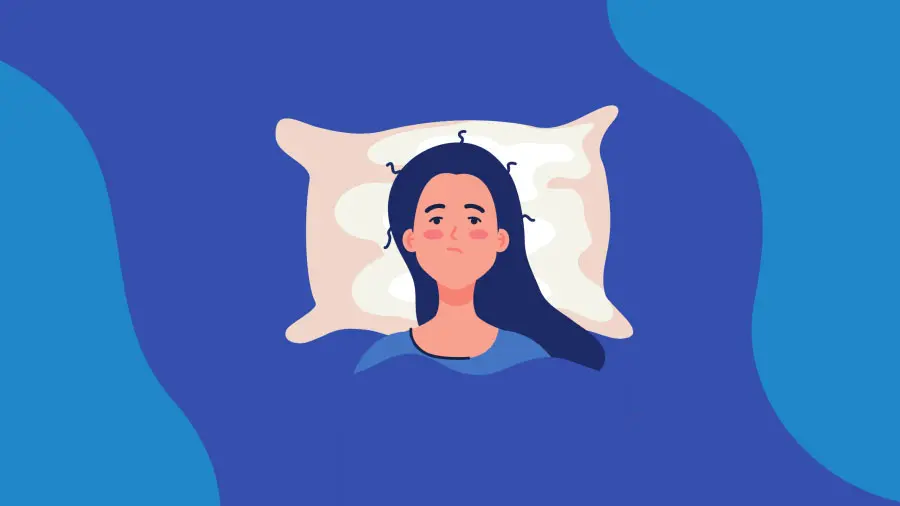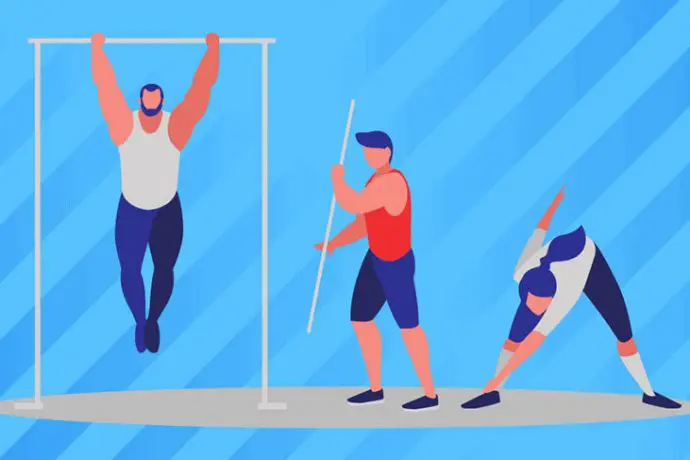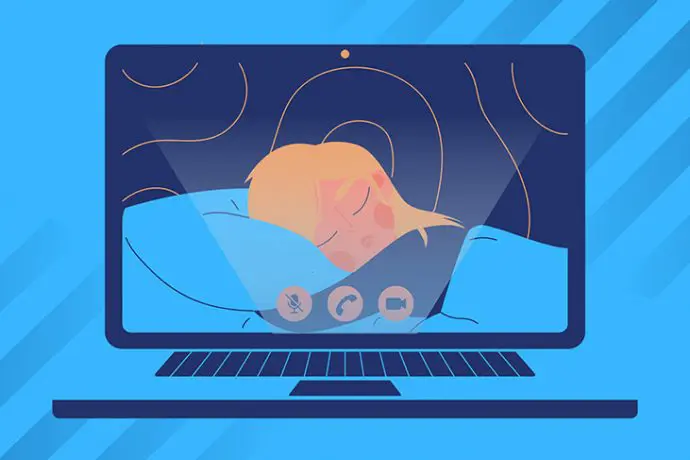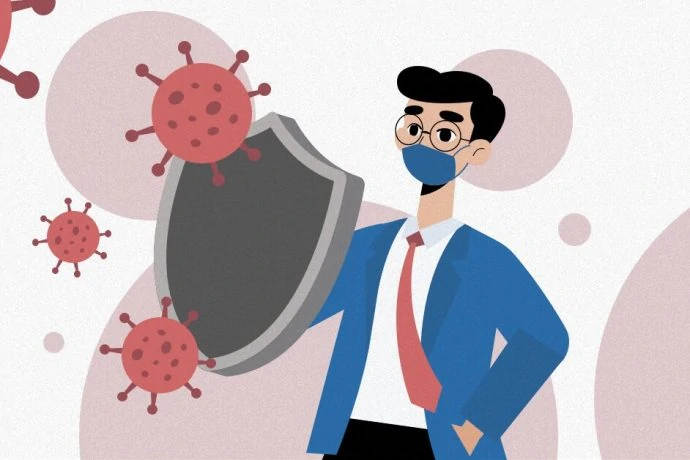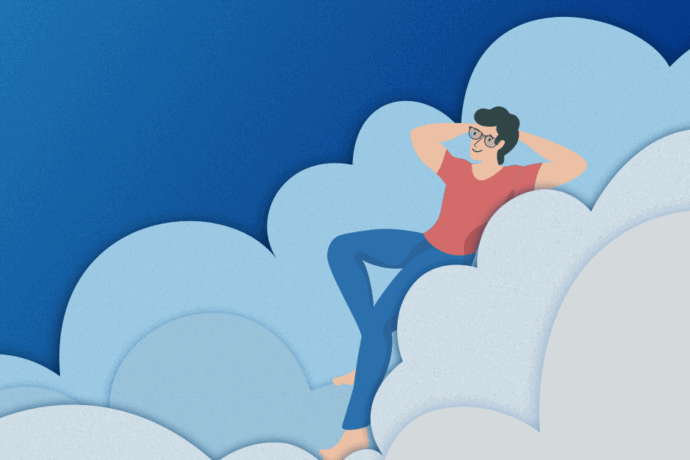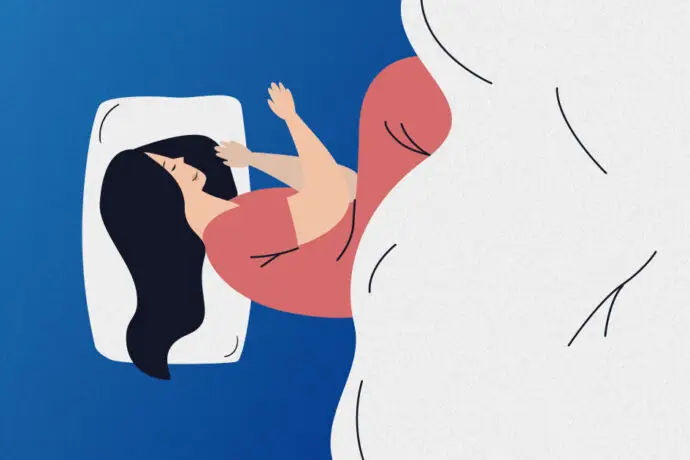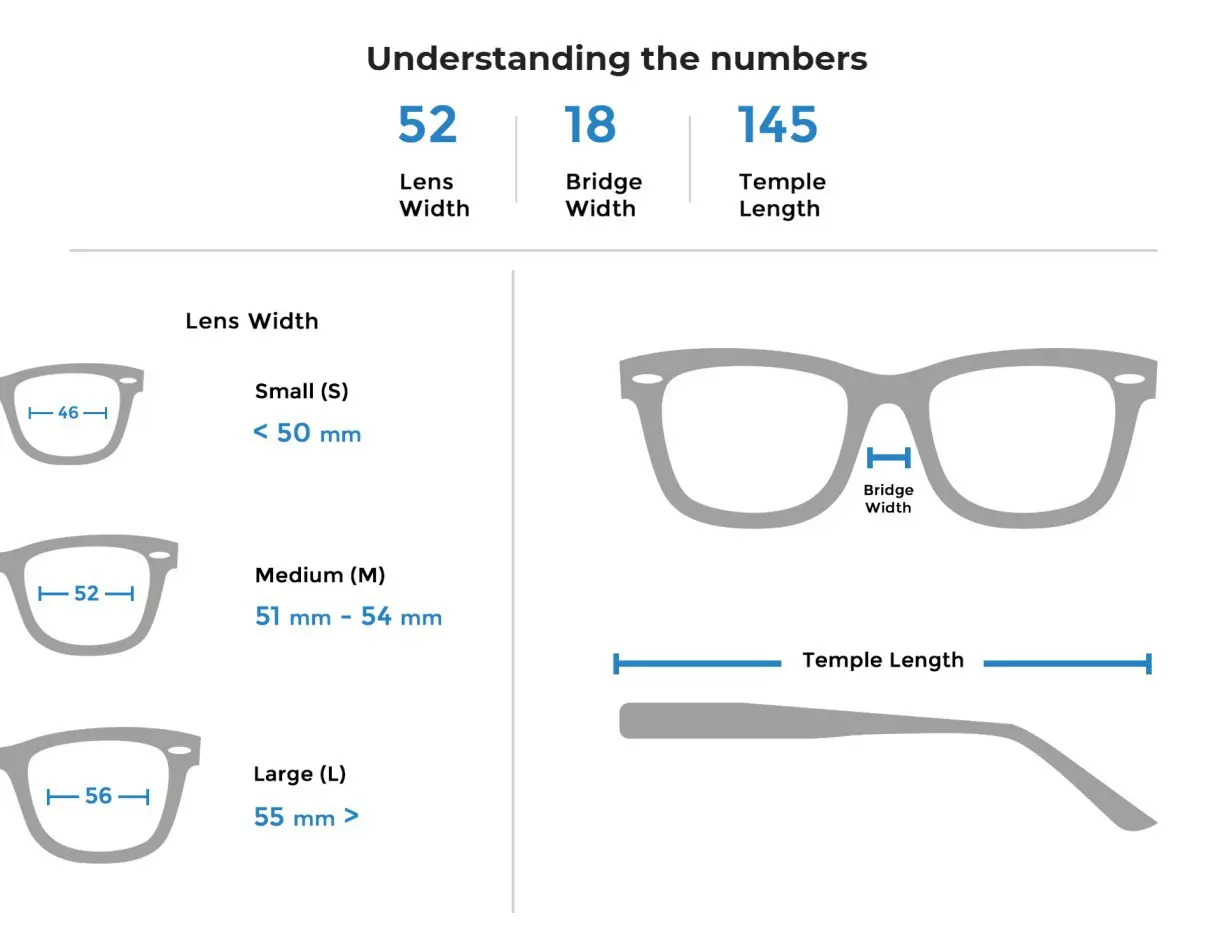How Insomnia Affects Your Health
Have you ever spent the night tossing and turning?
Or, even worse, spent hours lying awake and looking at the clock, patiently waiting for a wave of sleepiness to be thrust upon you?
You probably woke up the next morning feeling tired and out of sorts.
Did you know though, that getting less than the recommended 8 hours of sleep each night can do more than just make you feel cranky? Insomnia affects your health in many other ways, too.
In this article, we’ll break down how insomnia affects your health, and what you can do to manage or prevent insomnia.
How Insomnia Affects Your Health
Insomnia affects your health in numerous ways from simple mood changes to even more serious health issues like the risk of heart disease.
Insomnia, or having trouble falling asleep, can cause problems like:
- Difficulty concentrating. When you don’t get enough sleep each night, your brain might have difficulty thinking and concentrating. This also impairs your ability to think clearly and creatively, thus undermining your productivity and problem-solving skills.
- Higher chance of developing medical conditions. Insomnia may increase your risk of high blood pressure, heart disease, seizures, strokes, asthma attacks, weight gain, diabetes, and more.
- A weakened immune system. Lack of sleep can cause your immune system to deteriorate. This means you’ll have more difficulty fighting off viruses like the common cold, and more serious ones like COVID-19. It is also more likely that you’ll get sick if you are exposed to germs.
- Increased risk of developing a mental health disorder. Did you know that by not getting enough sleep, your risk for developing depression, anxiety, and even confusion and frustration skyrockets?
- Memory issues. While your body is resting, your brain goes through a process that helps you create memories and remember new information. Sleep deprivation can negatively impact this process, causing you to develop short-term or even long-term memory loss.
- Mood swings. Ever feel irritable or cranky after a sleepless night? This is one of the side-effects of not getting enough sleep. Inadequate sleep can lead to mood changes, making you more emotional and even quick-tempered. If left untreated, these can even escalate to more serious issues like anxiety or depression.
- Lower libido. If you’re not getting the recommended amount of sleep, you could experience a drop in sex drive. In men, this is often linked to lower levels of testosterone.
- Increased risk of accidents. Insomnia can make you drowsy and affect your performance at work or at school. However, too little sleep can have severe repercussions like increased risk for car accidents.
- Shortened life expectancy. This study analyzed one million participants to dive deeper into the connection between sleep and mortality. The results showed that sleeping less than the recommended amount of eight hours per day increased the risk of death by 12%.
How can you manage or prevent insomnia?
If you suffer from insomnia, there are a number of strategies you should consider implementing before speaking to your doctor.
Here’s what you can do to naturally treat insomnia:
- Establish a nighttime routine. This means going to bed at roughly the same time each night, whether it’s a weeknight or the weekend.
- Take a hot shower. Instead of showering in the morning, take a hot shower to end your day. The change in body temperature will help your body relax and get ready to sleep.
- Try not to eat before bed. Have your last meal at least two hours before hitting the hay.
- Stay active. Try to exercise earlier in the day instead of late at night or right before bed.
- Avoid screens. Put your phone away, turn off the TV, and close your laptop at least one hour before bed. For more information on how too much screen time can impact your sleep, check out this blog post.
- Wear blue light glasses. If you simply cannot avoid screens before bedtime, try wearing blue light glasses. These glasses filter out the blue light emitted from digital screens that can often disrupt sleep and cause insomnia.
To find out more about blue light glasses and how they can help you sleep better, check out this article on blue light and sleep.
If after implementing all of these strategies, you still suffer from insomnia, speak to your doctor about other methods you can use to help get your sleep back on track.
Our team at bluwinx believes that you have the right to a good night’s sleep. That’s why we offer fashionable frames with bwgf Lens technology that provides unsurpassed protection against harmful blue-violet light.
If you are interested in learning more about blue light, visit our blog, and read more about blue light and sleep-related topics.
If you have any additional questions, don’t hesitate to reach out – email us at help@bluwinx.com!

